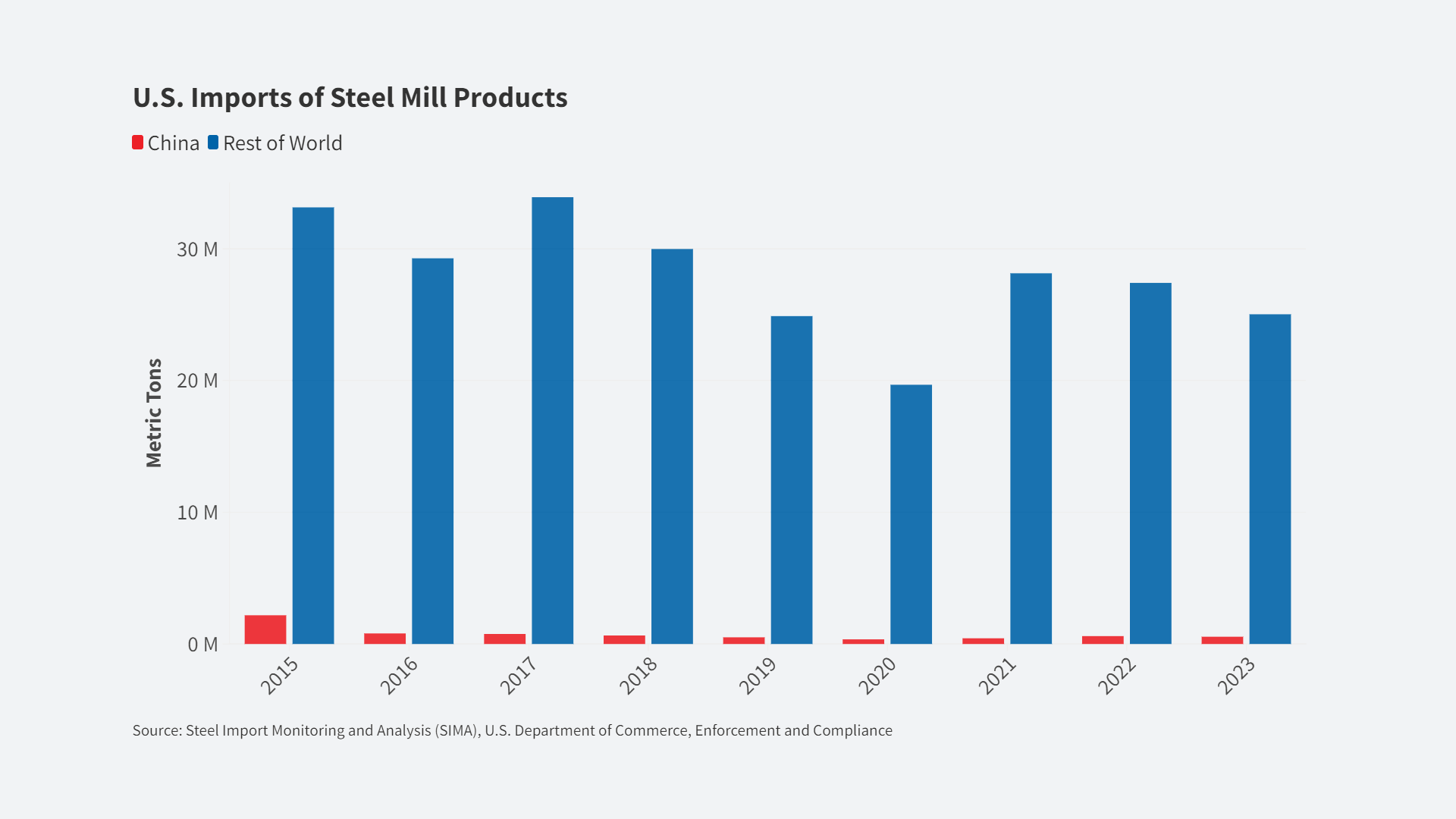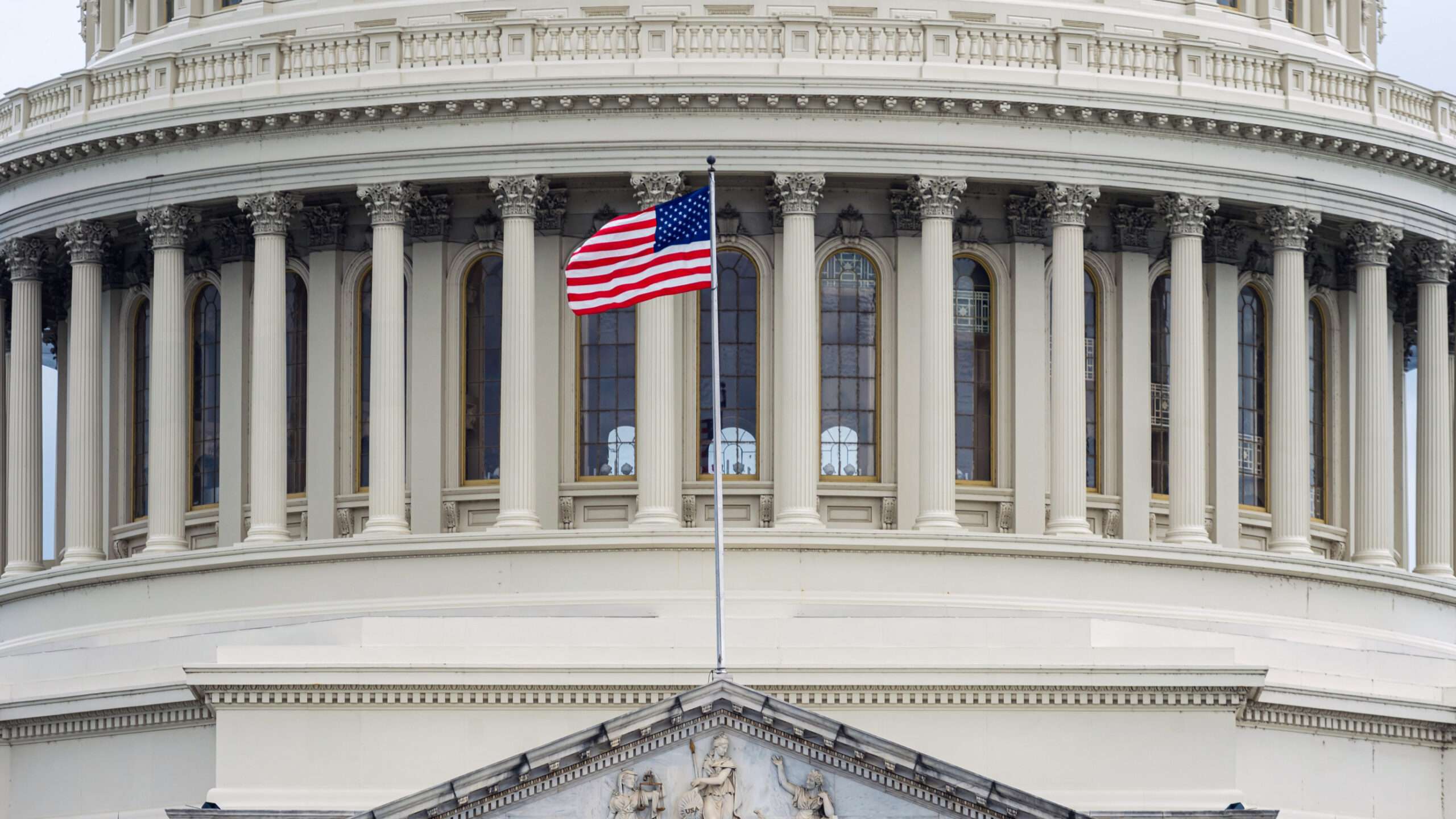
I’ve been talking to some of the Coalition for a Prosperous America’s lobbyists about the current situation for border-adjustable taxes, i.e. taxes that might help improve America’s trade situation, up on Capitol Hill. What they told me is basically good news. To wit:
[Ian Fletcher| February 4, 2017 |Huffington Post]
“We’ve pushed for more border adjustability via VAT (Value-Added Tax) for several years, accompanied by an offset in the form of domestic (non-border adjustable) tax cuts. Revenue and distribution neutrality would result. This is the Fiscal Devaluation concept outlined in a Fed Reserve of Boston Working Paper in 2011 by some ivory tower types who advise countries to do this. This CPA flyer outlines our summary thoughts on the VAT-tariff-trade dynamic. It has the map that Greg Autry made for us and the Ways & Means Committee majority may have now stolen from us.
The GOP (and Dems) remain allergic to VATs, but less so now. Paul Ryan pushed border adjustability of corporate income taxes in his 2010 budget. Now he’s got Kevin Brady and the Ways & Means Committee sold on it. Barbara Angus, their new tax counsel, probably has something to do with it. The only public information is aspirational language in the GOP blueprint at this link starting on page 27. There are no further details available and it is likely nothing has been written yet with those details.
The GOP blueprint is basically border adjustable cash flow tax, a/k/a territorial cash-flow tax, a/k/a destination-based cash-flow tax (Twitter hashtag #DBCFT). Export sales are excluded from income, imported goods and services are not deductible. This results in extreme disparity between the treatment of imported goods, domestic and exported goods. Examples:
A. ACME, Inc. sells $100K domestically, with $80K costs procured domestically – result is $20K taxable income. Standard stuff.
B. Importing inputs: ACME sells $100K domestically, with $80K costs all imported – result is $100K taxable income because the imported inputs are not deductible.
C. Export sales: ACME sells $100K to foreign buyers, with $80K costs all domestic – result is $80K tax loss.
But it’s easily gamed. Consider example A above where ACME has $20K taxable income. ACME can buy $20K in wheat domestically, export it for $20K and wipe out its tax bill. Because the $20K in costs are deductible, but the $20K exports are not.
And it’s WTO illegal: The import vs. domestic disparity is probably WTO illegal under the “national treatment” requirement. Rep Nunes said that if the WTO rules against us on that, then that may be the end of the WTO. I’ve told tax staff that WTO unlawfulness does not necessarily bother us at CPA because the WTO irritates us anyway.
The GOP blueprint shifts the definition of taxable income from an “origin of income” approach to a “destination of sales” approach. This is good, although done incorrectly. CPA supports destination based business taxation based upon profits rather than cash-flow.
– This flyer explains the basics.
– This article in The American Prospect last fall explains further.
– It is probably WTO legal.
– It is less extreme border adjustability by way of its territoriality. Half the countries in the world are territorial based.
– US states already do it.
– Exports are tax free (in a proportional profit manner), imports are taxed to the extent they sell in the jurisdiction.
– Domicile does not matter so inversions are pointless.
– All companies are treated the same: domestic, multinational and foreign – as they are taxed in proportion to sales in the US jurisdiction.
– It solves the base erosion problem from transfer pricing and royalty payments to subsidiaries to make income appear to originate in a tax haven jurisdiction.
– The rest of the world can be a tax haven, but we don’t care because all that is relevant is the proportion of sales in the US and total company taxable income.
– Tax-rate competition becomes irrelevant in the question of where to locate production.
The Ways and Means Committee is all in for their Blueprint. Our argument is that “if your plan fails to pass, you can use our formulary apportionment plan to achieve similar goals in a less extreme way and which solves many of the alleged problems with the Blueprint”. They are intrigued.
We also have further buy-in on the VAT, but not to the extent of getting a bill. They get it, we are not labeled European socialists anymore, a few members are quite positive, but it doesn’t have the juice to compete in international tax reform yet.
So it seems there is indeed hope for America getting a tax system which fights, rather than encouraging, the trade deficit, offshoring, deindustrialization, job loss, and all the rest of it. At last!













